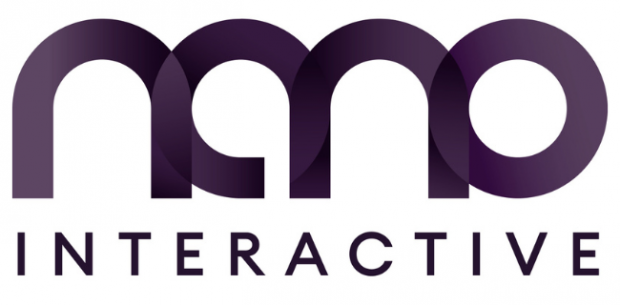Nano Interactive Research Shows UK Consumers Mask Their Data Most on Mobile
by on 7th Nov 2023 in News

Beginning in early 2024, Chrome cookie shutdown presents a major shift in the digital landscape, as advertisers have long relied on cookies for targeting and measuring audiences, even if previous research has shown 70% of consumers are already taking their own steps to conceal their personal data.
We now know consumers are 58% more likely to mask their data on mobile than desktop, that VPN and private browsing use increase as you move up the earnings scale and also that 37% of consumers would be less likely to buy from a brand using email or mobile-based cookie alternative IDs. This is according to Nano Interactive’s Behind the Mask report, which surveyed 2,000 UK consumers in September 2023 to understand their preferences and drivers around concealing their data in depth.
In another sign of how ingrained masking is for consumers now, if a brand were not to offer the option to opt out, 83% said they would take action – from researching competitors, to stopping buying from that company completely - even to reporting it.
For years, brands touted the value exchange of personal data for customised ads and an enhanced online experience as a necessary compromise. However, this report puts the lie to this notion, in a shifting landscape where privacy takes precedence.
Mobile advertising is at the heart of the digital ad market. In the UK, it currently takes up more than three-quarters (76%) of programmatic spend. Mobile is also at the epicentre of masking – 58% more likely on average on mobile versus desktop, and higher across every method measured, from VPNs to private browsing to opting out of cookies.In terms of the reasons why, 59% said because mobile “is more personal to me”.
In terms of when and why people mask, the most common reason given was to avoid retargeting, with 49% saying they hide their personal data ‘to get rid of ads tracking them online after they’ve searched for something’.
With the cookie set to be phased out completely in 2024, the most common identity solutions some are proposing to replace it with are built upon the individual user’s email address, with some also making use of their mobile phone number.
To gauge consumer sentiment around an approach not yet well known outside of advertising circles, Nano asked respondents how they would react if they knew a company was targeting them in the ways described above. In response, around half (49%) said that they would be more likely to hide their personal data when browsing online. Nano’s previous consumer research, the Tipping Point, showed that a similar number (52%) would be more likely to choose a brand if it never collected or used personal information for advertising.
Carl White, CEO at Nano Interactive, said, “The 2024 cookie shutdown is a huge opportunity for advertisers to do things differently. An approach that still aims to understand people’s interests and the motivations behind the purchases they make, but without using IDs or profiling them will win the race."
“Whether you consider the direction of legislation, consumer sentiment or enforcement from tech giants, removing people-based data from ad targeting increasingly is the logical, long-term option. For the first time it is now possible to deliver campaign effectiveness and consumer privacy."
“Advertisers who grasp this opportunity to deliver what our research clearly tells us that their customers demand will surely be the ones who benefit most from the technological advances that the cookie shutdown has precipitated.”









Follow ExchangeWire